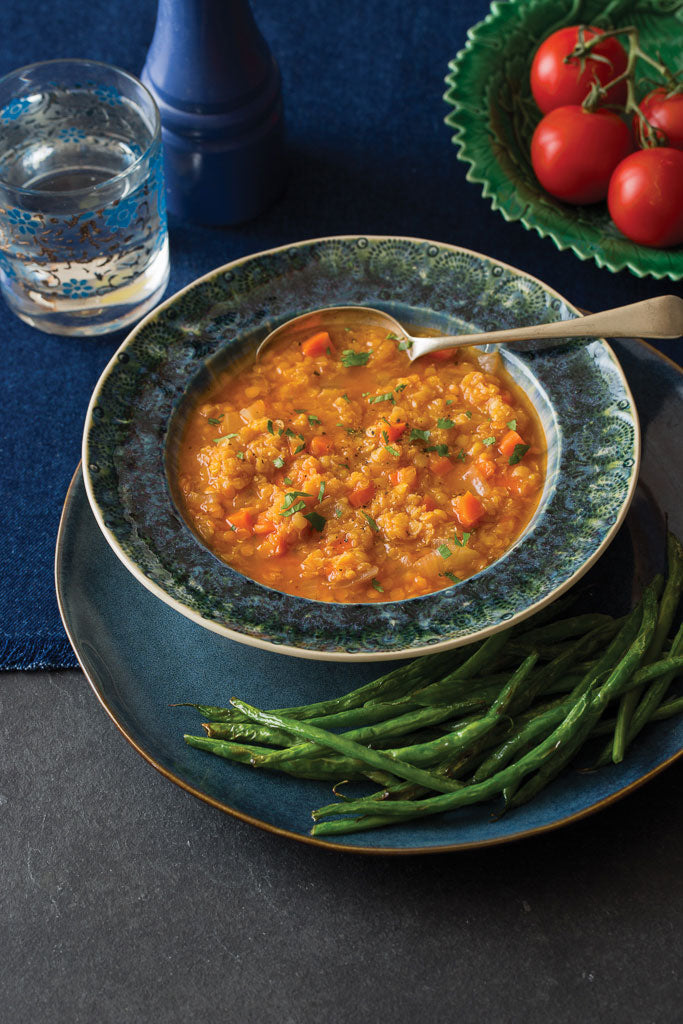
The plant-based conversation is sprouting up everywhere! A common question being asked by patients is “Should I be eating more plant-based meals?” My short answer: “YES, but it doesn’t need to happen all at once! Let me show you.” I get very excited whenever there is an opportunity to empower patients with new research. It’s not surprising since plant-based diets have been the trend in recent years, as more and more people become aware of their health benefits.
In a recent (2022) comprehensive study1 based on data collected by 9000 different researchers across the globe, one of the key conclusions is that a plant-based diet may add years, up to a decade, to your life expectancy!
I read all this and am happy to know that it will never be too late to reap the benefits of plant-based meals. For older adults who transitioned, the changes were significant. Though of course, the greatest gains were found by those who switched as young adults.
Examining this study further, the meta-analysis – a study of data from many different research studies on the same topic – evaluated specifically the impact of different food choices on life expectancy and found that diets richest in plant-based proteins and a variety of mostly plant-based foods (fruits, vegetables, whole grains, fish, and nuts) were associated with the greatest increases in life expectancy. On the opposite end, diets highest in red and processed meats, refined grains, and beverages with added sugars were associated with the greatest decreases in life expectancy. For those wondering about chicken (we’ll call them white meat), the association was neutral.
It suggests that plant-based diets are beneficial for longevity, confirming previous findings from other reputable journals2,3,4,5,6,7. It’s why there is a growing sentiment among more and more physicians to encourage their patients to embrace an eating pattern that is more inclusive of plant-based proteins.
It’s important to note that a plant-forward diet doesn’t mean you have to give up all animal-based foods all at once. Instead, it’s about being more conscious of the proportion of plant-based foods in your diet and finding gradual ways to incorporate them into your meals. This could be as simple as starting your day with a bowl of sprouted oatmeal topped with fresh berries and whole hemp seeds or swapping out your usual animal-based protein at lunch for a plant-based protein.
The Beller Method™ believes in a phased approach to incorporating more plant-based foods into your diet. Our goal is to inspire and empower our patients to be more inclusive of plant-based proteins, and by doing so, naturally crowd out their intake of animal-based foods. By making small, incremental changes that are easy to incorporate into your lifestyle and warming up to plant-based meals, you’ll find it easier to make the transition to a more plant-forward lifestyle without massive disruptions to your daily routine that, in my experience, are often drastic and unsustainable.
We understand that change can be difficult, but we want to encourage our patients and masterclass participants to be more inclusive and give plant-based meals a try. With more and more evidence surfacing about the benefits of whole food, plant-based diets, it’s worth exploring how you can make them a more regular part of your routine. If you’re unsure where to start, you can always reach out for private concierge consultations or sign up for the next Beller Method™ Nutrition Transformation Masterclass. Our program takes my years of nutrition research and practice and compresses it into an all-in-one, easy-to-follow action plan coupled with delicious plant-forward meals.
The Beller Method™ is DESIGNED for the busiest people to tell you what to eat, what to buy, and how to make it all happen with ease for sustainable results. Come make that change!
As an added extra, here is an incredibly easy plant-based recipe you could make for lunch or dinner – today!
Red Lentil Soup
Ingredients
- 2 tbsp olive oil
- 1 medium onion, chopped
- 1 ½ cup dried red lentils
- 1 tsp Vegitude Power spice blend
- 1 medium carrot, chopped
- ½ cup tomato puree
- 8 cups vegetable broth
- 4 tbsp fresh cilantro or 2 tbsp dried
Instructions
Heat the oil in a large pot over medium heat. Add the onion and saute for 3 to 5 minutes, until softened. Add the lentils, power spice blend, carrot, tomato puree, broth, and cilantro, and bring to a boil. Reduce the heat to low and cook, covered for 30 to 45 minutes, until the lentils are tender. Season with salt and pepper to taste.
Sign up for our newsletter to get easy recipes, amazing discounts to our Masterclass, and nutrition wisdom straight to your email!
Sources:
- Fadnes, Lars T., et al. “Correction: Estimating Impact of Food Choices on Life Expectancy: A Modeling Study.” PLOS Medicine, vol. 19, no. 3, 2022, https://doi.org/10.1371/journal.pmed.1003962.
- “Eat More Plant-Based Proteins to Boost Longevity.” Harvard Health, 1 Nov. 2020, https://www.health.harvard.edu/staying-healthy/eat-more-plant-based-proteins-to-boost-longevity.
- Fields, Heather, et al. “Is Meat Killing Us?” Journal of Osteopathic Medicine, vol. 116, no. 5, 2016, pp. 296–300., https://doi.org/10.7556/jaoa.2016.059.
- Kim, Hyunju, et al. “Plant‐Based Diets Are Associated with a Lower Risk of Incident Cardiovascular Disease, Cardiovascular Disease Mortality, and All‐Cause Mortality in a General Population of Middle‐Aged Adults.” Journal of the American Heart Association, vol. 8, no. 16, 2019, https://doi.org/10.1161/jaha.119.012865.
- Song, Mingyang, et al. “Association of Animal and Plant Protein Intake with All-Cause and Cause-Specific Mortality.” JAMA Internal Medicine, vol. 176, no. 10, 2016, p. 1453., https://doi.org/10.1001/jamainternmed.2016.4182.
- Zheng, Yan, et al. “Association of Changes in Red Meat Consumption with Total and Cause Specific Mortality among US Women and Men: Two Prospective Cohort Studies.” BMJ, 2019, p. l2110., https://doi.org/10.1136/bmj.l2110.
- Zhong, Victor W., et al. “Associations of Processed Meat, Unprocessed Red Meat, Poultry, or Fish Intake with Incident Cardiovascular Disease and All-Cause Mortality.” JAMA Internal Medicine, vol. 180, no. 4, 2020, p. 503., https://doi.org/10.1001/jamainternmed.2019.6969.
